1816: The Year Without a Summer
Read about this weather event so devastating, people are still talking about it over 200 years later.
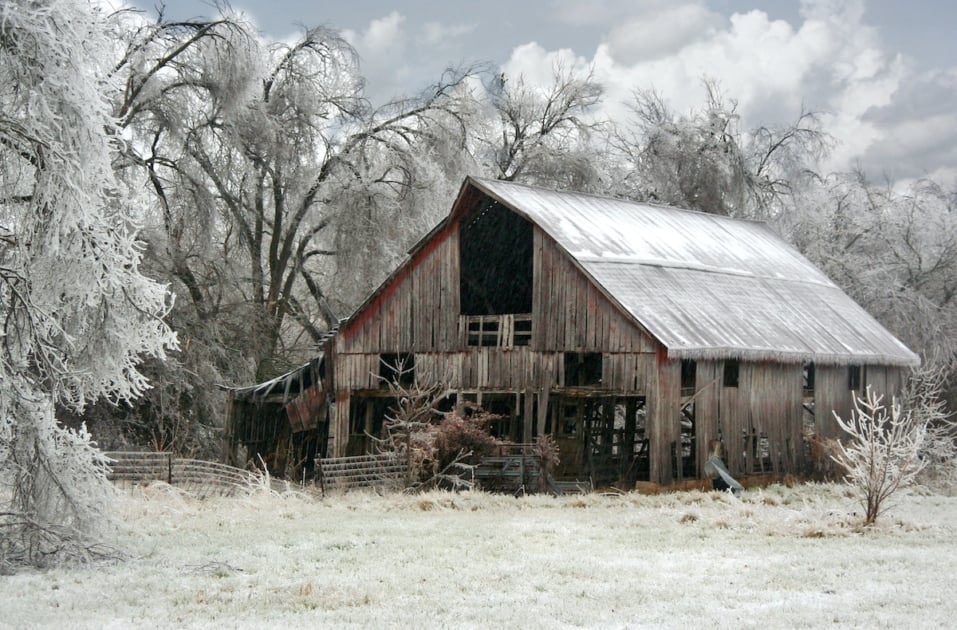
We recently released our summer forecast— and we’re looking forward to a sizzling summer. But what if there was no summer? Back in 1816, that’s exactly what happened. The infamous “Year Without a Summer” was a weather event so devastating, people are still talking about it over 200 years later.
What Was The Year Without A Summer?
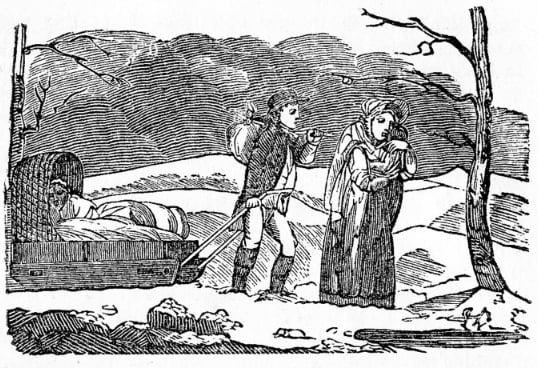
Referred to by many names, including “the poverty year” and “eighteen hundred and froze-to-death,” the year 1816 was literally a year without a summer across much of the Northern Hemisphere. Throughout not only North America but also Northern Europe and parts of Asia, an exceptionally cold summer, featuring killing frosts in July and August, crippled food production. Crop failures and food shortages were so widespread that rioting and looting became common in the United Kingdom and France.
On this side of the Atlantic, many residents of New England and the Canadian Maritimes froze to death, starved, or suffered from severe malnutrition as storms—bringing a foot or more of snow—hit hard during May and June. Many others from the region pulled up their stakes and moved to Western New York and the Midwest, where the cold was less severe. In fact, the year without a summer is now believed to have been one major catalyst in the westward expansion of the United States.
Though the northeastern section of the continent was hardest hit, southern states still experienced their share of the cold. On July 4th of that year, for instance, the high temperature in Savannah, Georgia, was a chilly 46° F. As far south as Pennsylvania, lakes, and rivers were frozen over during July and August.
What Caused It?
So, what caused this tragically cold summer? The likely suspect was a series of volcanic eruptions that occurred during the winter of 1815, in particular, the eruption of Mt. Tambora in Indonesia, believed to be the largest eruption of the last 1,800 years. The volcano ejected a tremendous cloud of fine ash and dust was ejected into the stratosphere, where it remained for a very long time. This ash insulated the earth from the heat and light of the sun, resulting in a cooling effect throughout the Northern Hemisphere.
Read how the Year Without A Summer Inspired Mary Shelley to write Frankenstein!
This ash also gave the sky a yellowish tinge in some areas, which can be seen in many landscape paintings from the era. Fortunately, a summer like this had yet to repeat itself and the Farmers Almanac’s outlook for this summer is much more enjoyable.

Jaime McLeod
Jaime McLeod is a longtime journalist who has written for a wide variety of newspapers, magazines, and websites, including MTV.com. She enjoys the outdoors, growing and eating organic food, and is interested in all aspects of natural wellness.

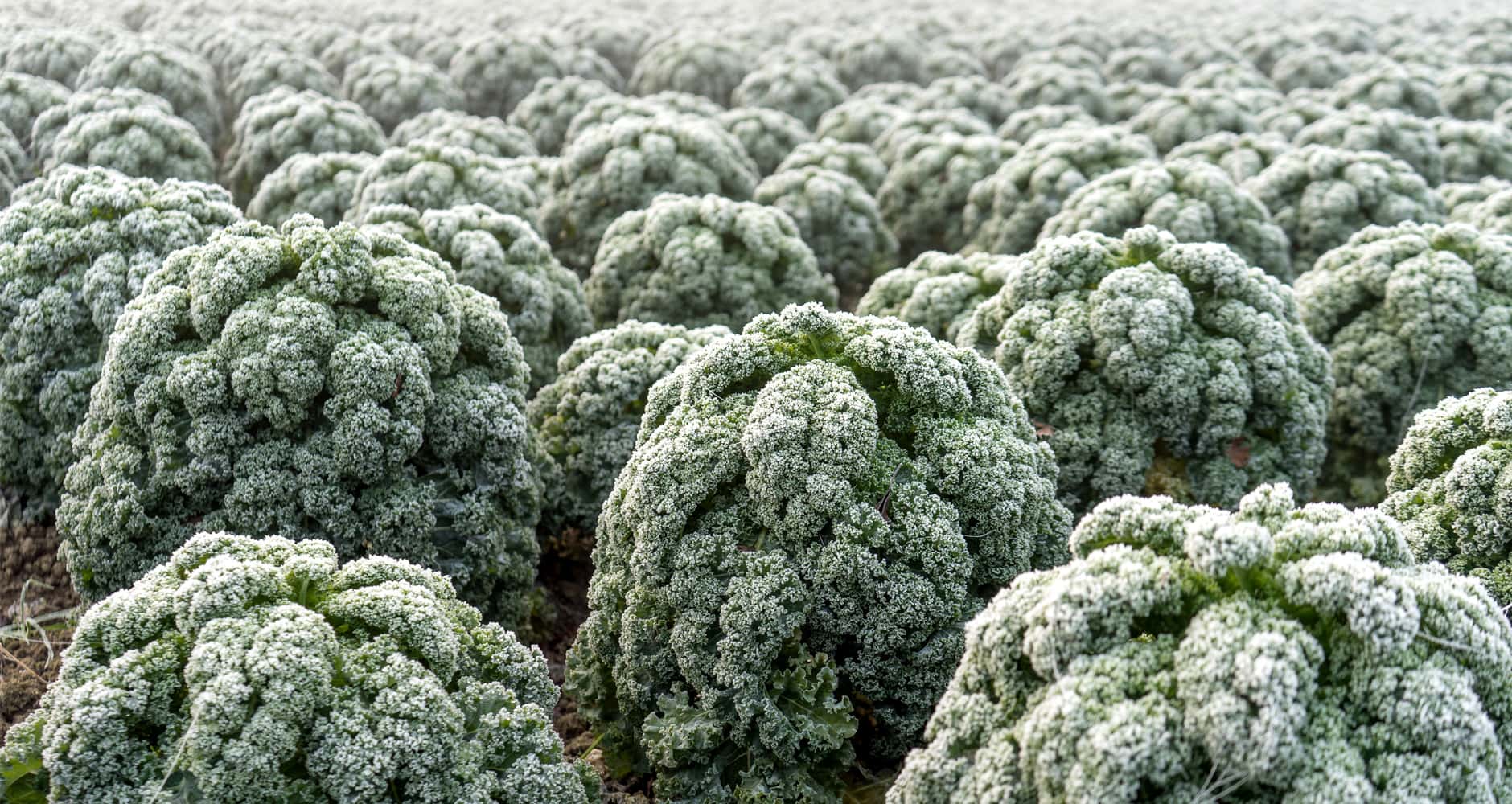

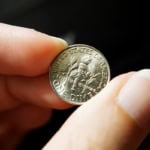
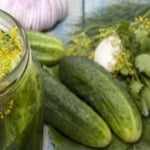
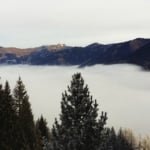

Just ran across this while searching for relatives. My great,great, great grand-dad was born June 29 1816. Very interesting. Thanks for posting this article.
You are welcome! Thank you for stopping by!
I love reading all the folklore articles in the Farmers’ Almanac. It makes me wonder if the planets weather has been crazy ever since man can remember. Hopefully will never have a volcano irruption like the one that occurred back in the 1800s
Hi Ronnie,
Glad you enjoy our articles. Thanks for visiting our site and commenting!
Very interesting article whenever it was written. Some of the comments are six years old! But it does make you want to go back and consider everything that was going on in the world at that time. Had this happened four years earlier the outcome of the War of 1812 might have been quite different. Had Henry James suffered through it he might never have thought that the two most beautiful words in English were: summer afternoon.
So here is some food for thought ! The main cause of the 1816 year without a summer was NOT just volcanic eruptions ! In fact it was the GSM ( Grand Solar Minimum ) 1790-1820 , the volcanic eruptions were and are merely symptoms of a GSM ! FYI ☹️ we recently entered into another ONE ! But they are not declared until decades later depending on how long they last ? get ready everyone as we were already expecting catastrophic climate changes just from global warming , I wish the best for you and yours .??
I like the winter and fall all right so I am now wondering what it would be like to be in that time and not have a summer, it actually could be kind of fun not to have a summer but I might miss it, it would be very weird not to have a summer.
Very interesting
This “summer,” if you can can it that, is more like fall. Cool and wet. Farmers can’t get fields planted, harvest likely to be 50-60% down. Almanac got it wrong.
Hopefully, when summer officially arrives on Friday, things will start to turn around!
I don’t want to starve, but I have learned to like the winter. I wouldn’t mind skipping summer this year.
Residents in Fundy New Brunswick 2018 said they had their latest known Spring frost coming in around June 20th. 70% strawberry and blueberry crops lost because of this. No major volcanic eruption but sunspots were near zero for past 2 years.
Some of the comments ~ Gary, you joking? Today we have food in cans that can last years. Frozen etc. We have plows that can get food in from very southern climes. Yeah there’d be problems, but we are much better set to deal with a ” year without summer ” today then in 1816!